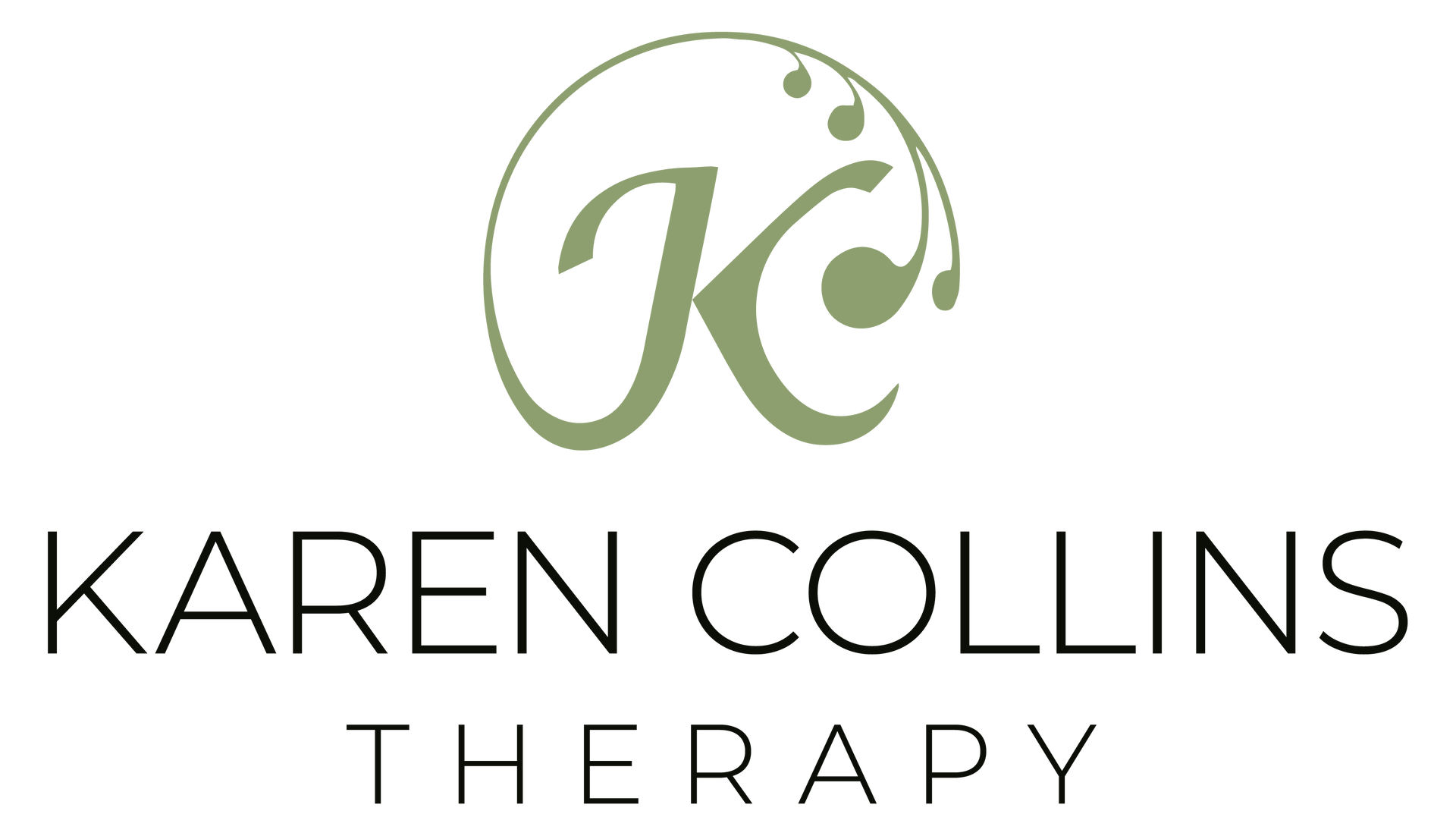Teens and Social Media: A Guide for Parents
In today’s digital age, social media is a central part of teen life. Platforms like Instagram, TikTok, and Snapchat can be valuable tools for connection and creativity, but they also come with risks such as cyberbullying, overuse, and exposure to inappropriate content.
As a parent, navigating your teen’s social media use can feel overwhelming, but with thoughtful strategies, you can help them develop a healthy relationship with these platforms. Here are practical recommendations to guide you in setting boundaries and structures around social media use.
1. Start with Open Communication
Before setting rules, have an open conversation with your teen about social media. Discuss both its benefits and its challenges. Ask questions like:
- What do you enjoy most about social media?
- Have you ever experienced anything uncomfortable or upsetting online?
By showing interest and listening to their perspective, you build trust and create a foundation for collaboration.
2. Set Clear Guidelines
Establishing rules early helps manage expectations. Here are some boundaries to consider:
- Screen Time Limits: Decide together on daily or weekly screen time allowances.
- Device-Free Zones: Designate areas such as the dinner table or bedrooms as screen-free zones.
- Nighttime Restrictions: Implement a rule where devices are turned off or handed in during certain hours to ensure restful sleep.
Ultimately, it’s the parents’ decision. Parents should determine the limits that work best for their family and implement them with diligence and consistency. Your teen may resist at times, but it’s essential to remember that you are the parent, and these rules are for their well-being.
3. Educate About Online Safety
Help your teen understand the importance of protecting their personal information and recognizing harmful behavior online. Teach them:
- To avoid sharing sensitive details like their location or school.
- How to recognize and block cyberbullying.
- To critically evaluate the content they consume and avoid comparing themselves to curated online personas.
Encourage them to come to you if they encounter problems online.
4. Model Healthy Behavior
Teens often emulate their parents’ habits. Reflect on your own social media usage and model:
- Taking breaks from devices.
- Being fully present during family time.
- Using social media positively and responsibly.
When your teen sees you practicing what you preach, they’re more likely to follow suit.
5. Leverage Parental Controls
Most devices and apps have built-in parental control features. Use these tools to:
- Monitor screen time.
- Restrict access to inappropriate content.
- Approve or block app downloads.
While these controls are helpful, be transparent with your teen about using them and emphasize that they’re meant to ensure their safety.
6. Encourage Offline Activities
Social media can’t replace real-life experiences. Encourage your teen to:
- Participate in sports, clubs, or hobbies.
- Spend time with friends in person.
- Explore creative outlets like art, music, or writing.
Balancing online and offline activities helps them develop a well-rounded lifestyle.
7. Be Flexible and Evolve
As your teen grows, their social media use and needs may change. Revisit your boundaries and adjust as needed. Be open to renegotiating rules and acknowledging their increasing responsibility.
Additional Resources
For further guidance, check out these helpful resources:
- Solutions for When Social Media Makes Kids Feel Excluded (SF Chronicle – April 2017)
- Helping Teens Avoid Cyber Pitfalls (Marin IJ – October 2015)
- A Parent Guide to Teens, Technology and Social Media – This guide will walk you through how to establish and enforce your family’s Internet and social media rules and their use of devices which provide access to networks. Karen covers the Internet and social media “Best Practices,” which have worked successfully for many families of teens. The examples provided will give you a place to begin setting limits around your teen’s technology time.
Final Thoughts
Guiding your teen’s social media use isn’t about controlling their every move, it’s about equipping them with the tools to make good decisions. By fostering open communication, setting clear boundaries, and encouraging balance, you can help your teen navigate the digital world with confidence and mindfulness.
Remember, you don’t have to have all the answers. Stay curious, keep the dialogue open, and trust that your guidance will empower your teen to use social media as a positive force in their life.
Looking for more personalized support for your family? Contact Karen Collins Therapy to learn how therapy can help your teen develop healthy habits and improve family dynamics. Visit our Resources page for more tips and tools.












